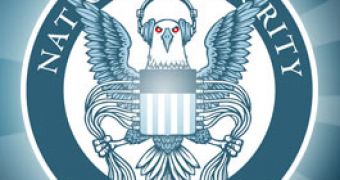While the NSA and its expansive spying have been widely criticized for the past few weeks, as more leaks got out, little has been said about the secret court that enables the NSA to spy on Americans and foreigners alike.
The Foreign Intelligence Surveillance Court, or a FISA court, is supposed to watch over the government and approve or deny its surveillance requests. The court meets in secret and both its decisions and arguments are secret as well.
The court also doesn't answer to anyone and it's only the government that gets to present its case, there's no one opposing the request or offering arguments against it.
In recent years, the court has very rarely denied a request, because, more often, the NSA would simply withdraw it.
FISA judges approved 20,909 surveillance and search warrant requests between 2001 and 2012 and rejected only 10. Only 1,000 requests had to be modified and 26 were withdrawn by the government.
That's understandable for a court that has to answer to no one. The fact that judges don't have much oversight and that only one side gets to present its arguments is more than enough to create a biased court.
But it gets worse, as the 11 judges themselves are all handpicked by Chief Justice John Roberts, who also leads the Supreme Court. He has been appointed for life and gets to choose all the judges in the FISA court for seven-year terms. And he's chosen them well: all but one are Republicans.
It's hardly surprising that this court has given the NSA more and more powers and that, whatever the government wants it gets. With no oversight, that's only going to get worse. Hopefully, all the attention and criticism the US government is getting over its spying will result in some change.

 14 DAY TRIAL //
14 DAY TRIAL //